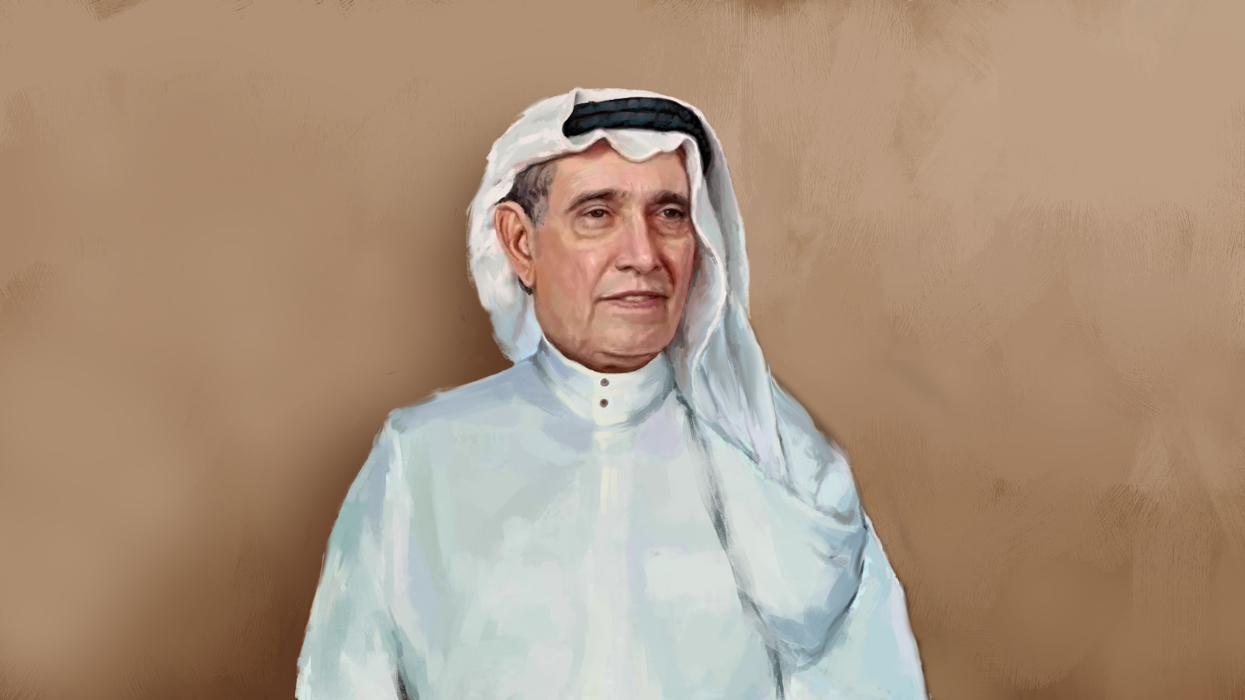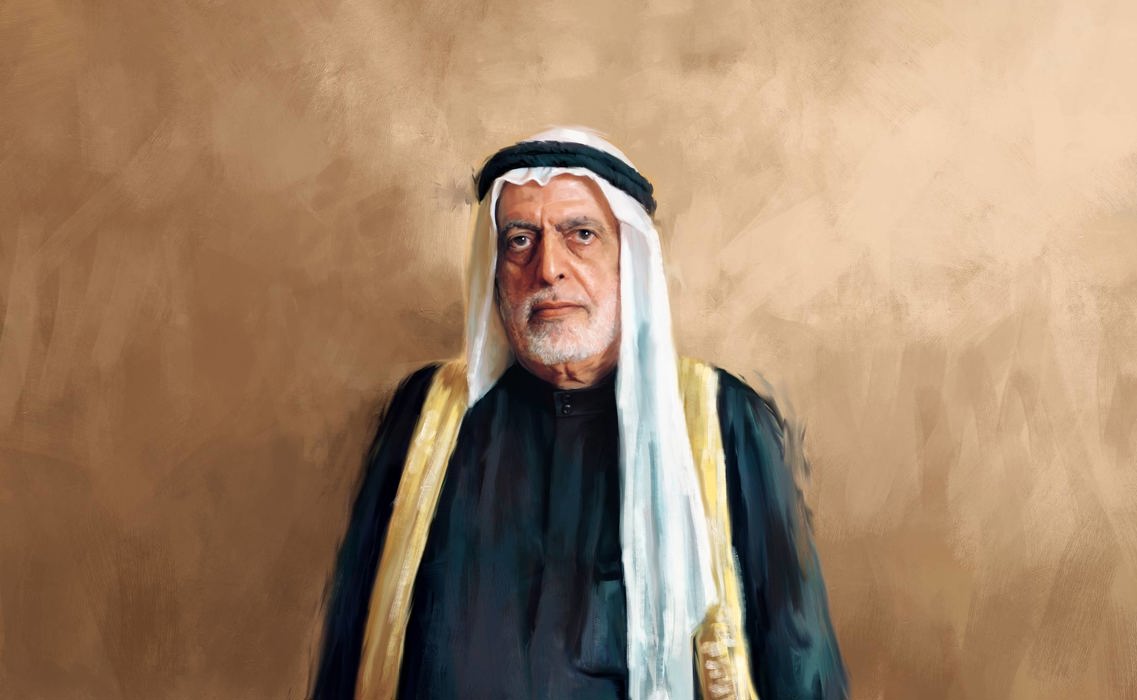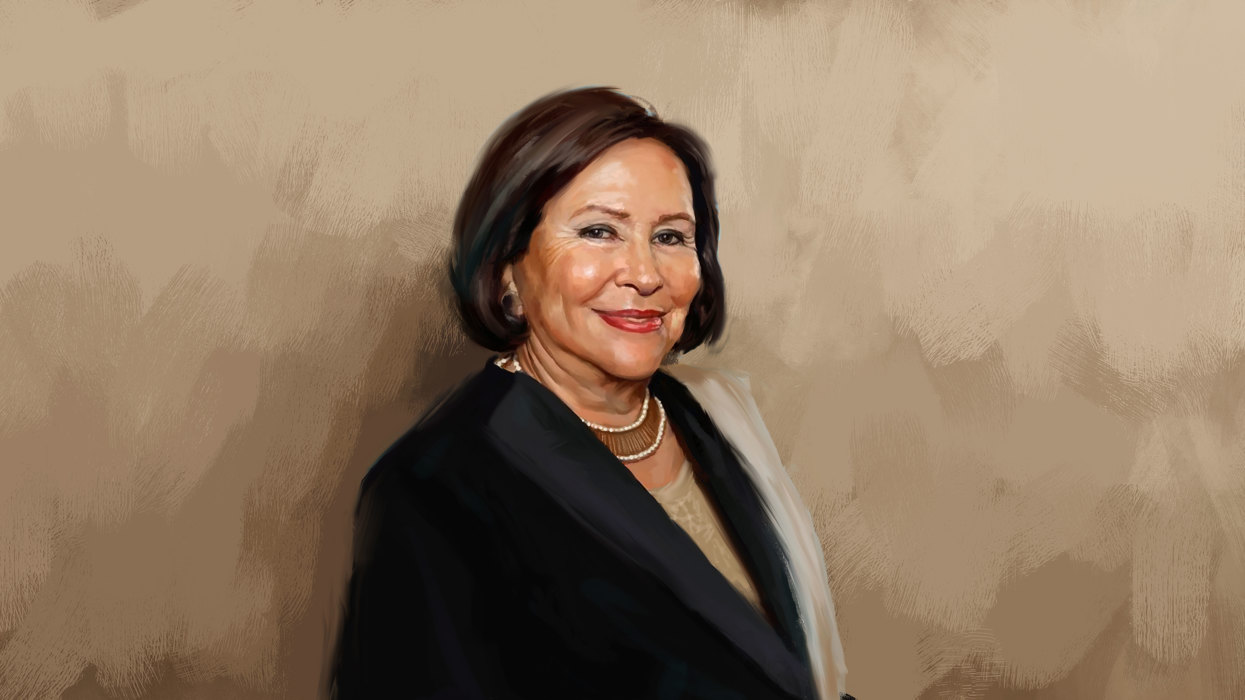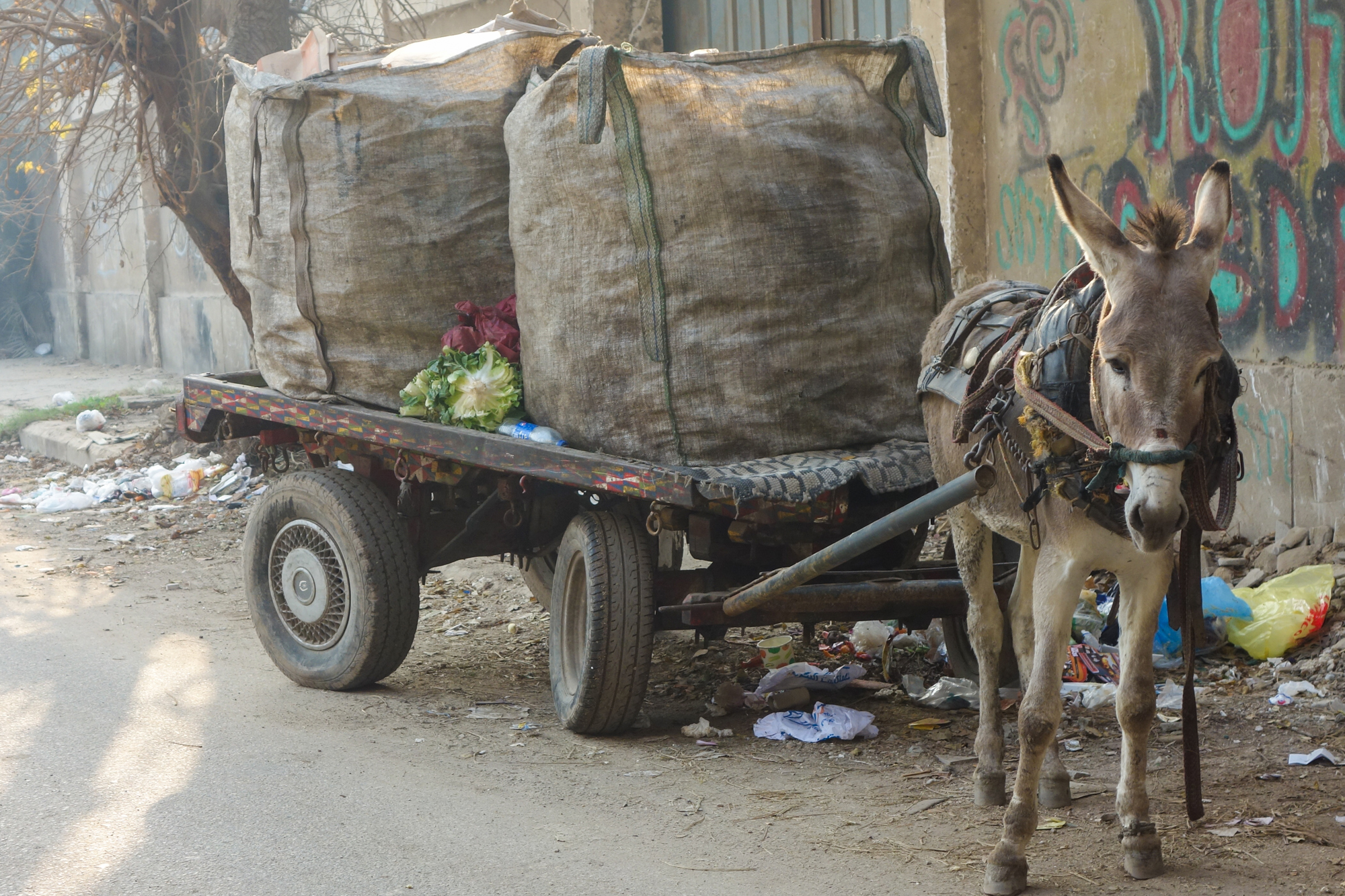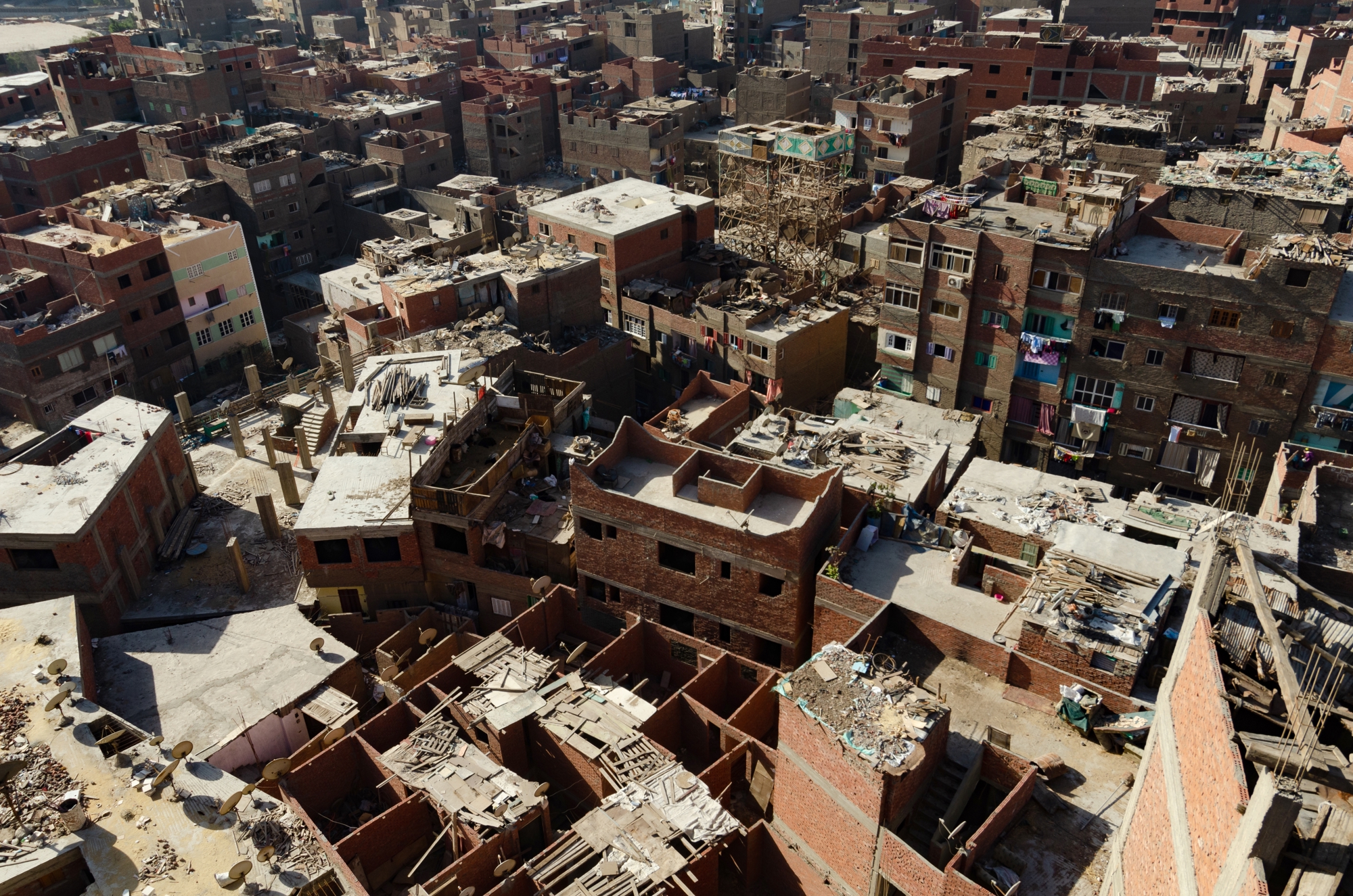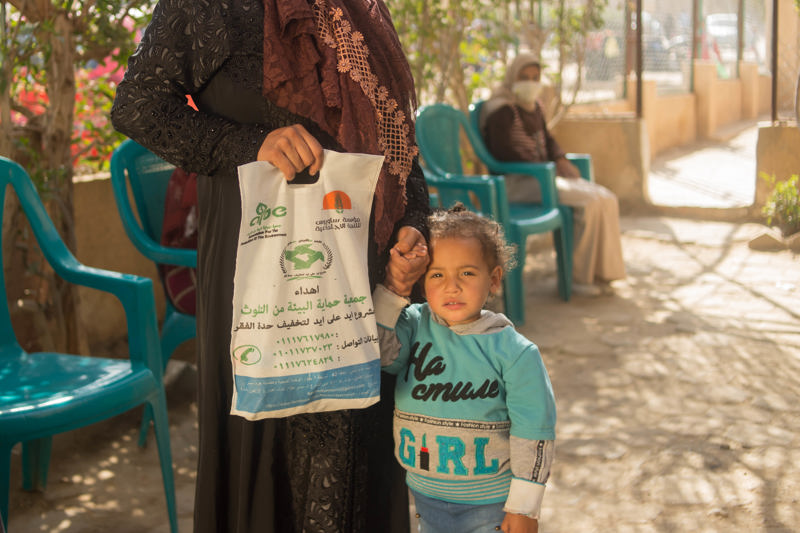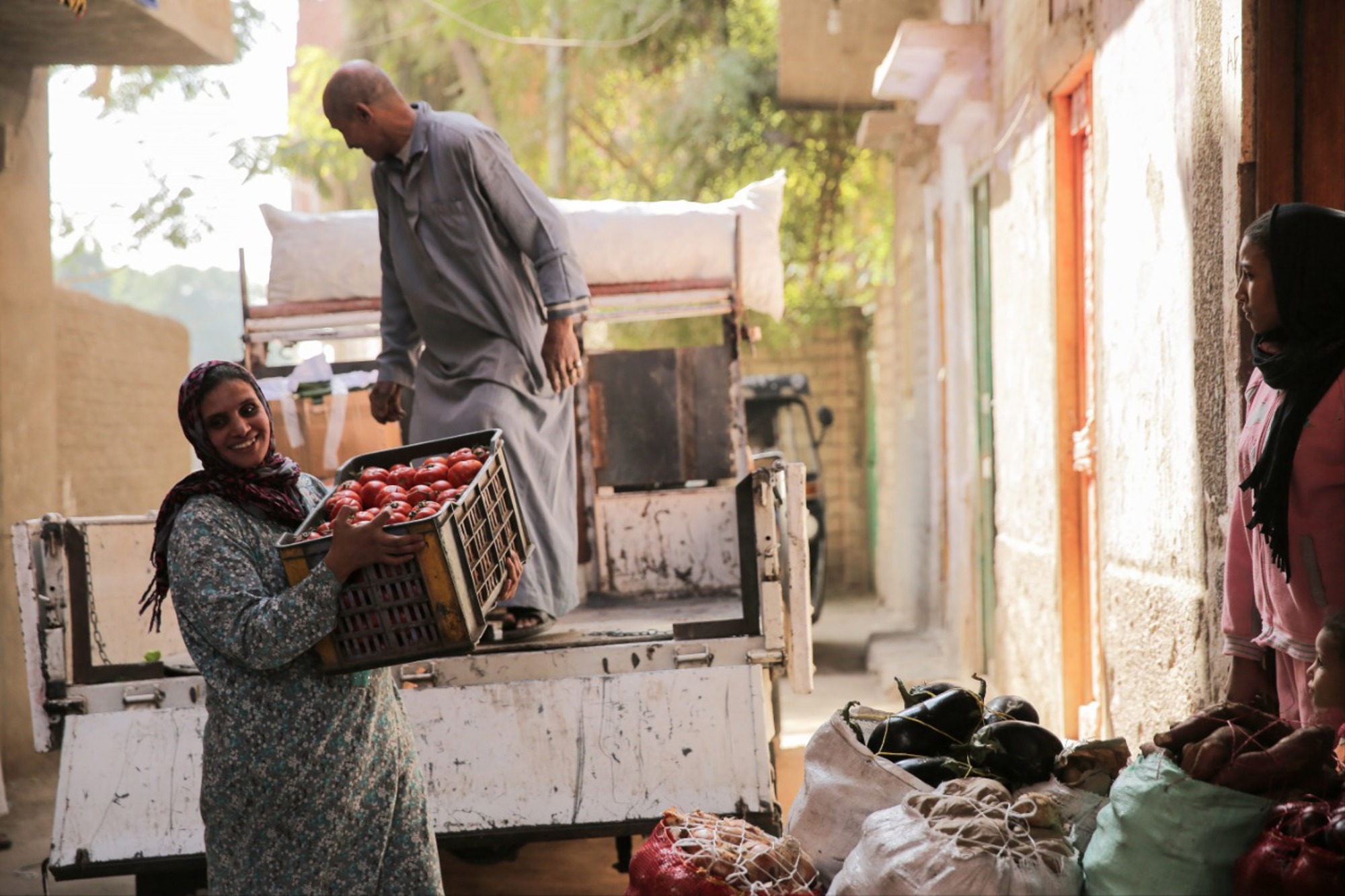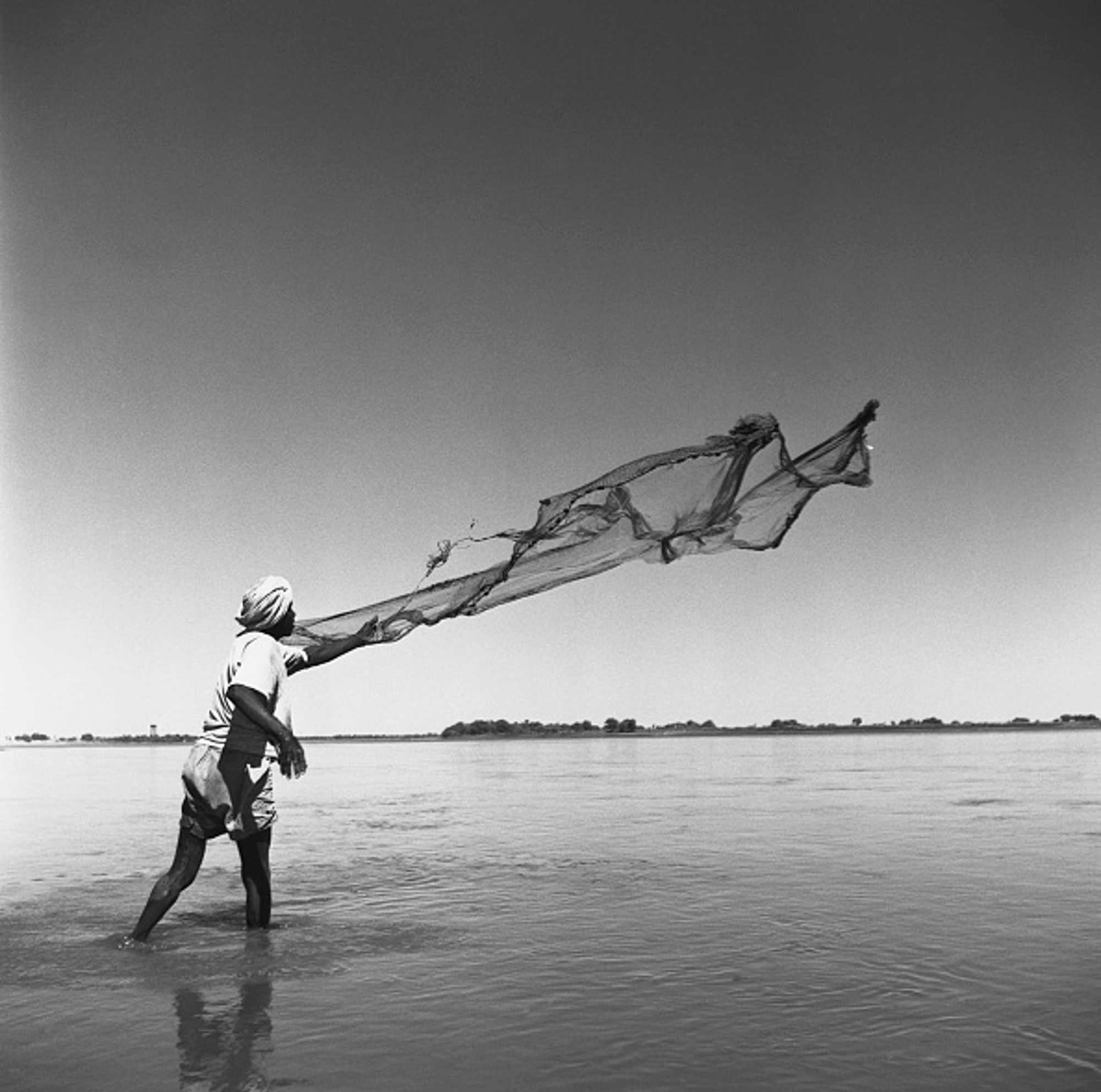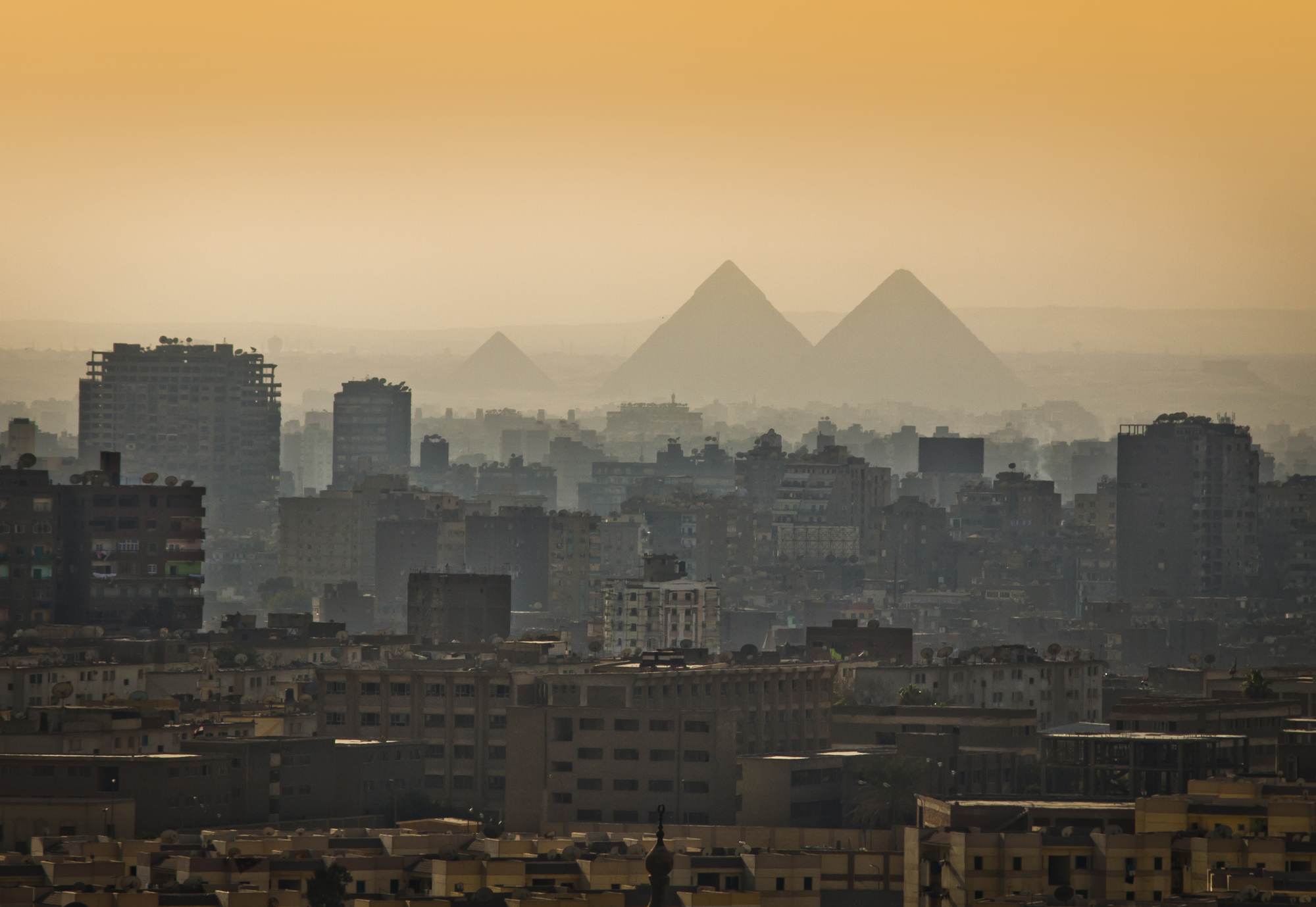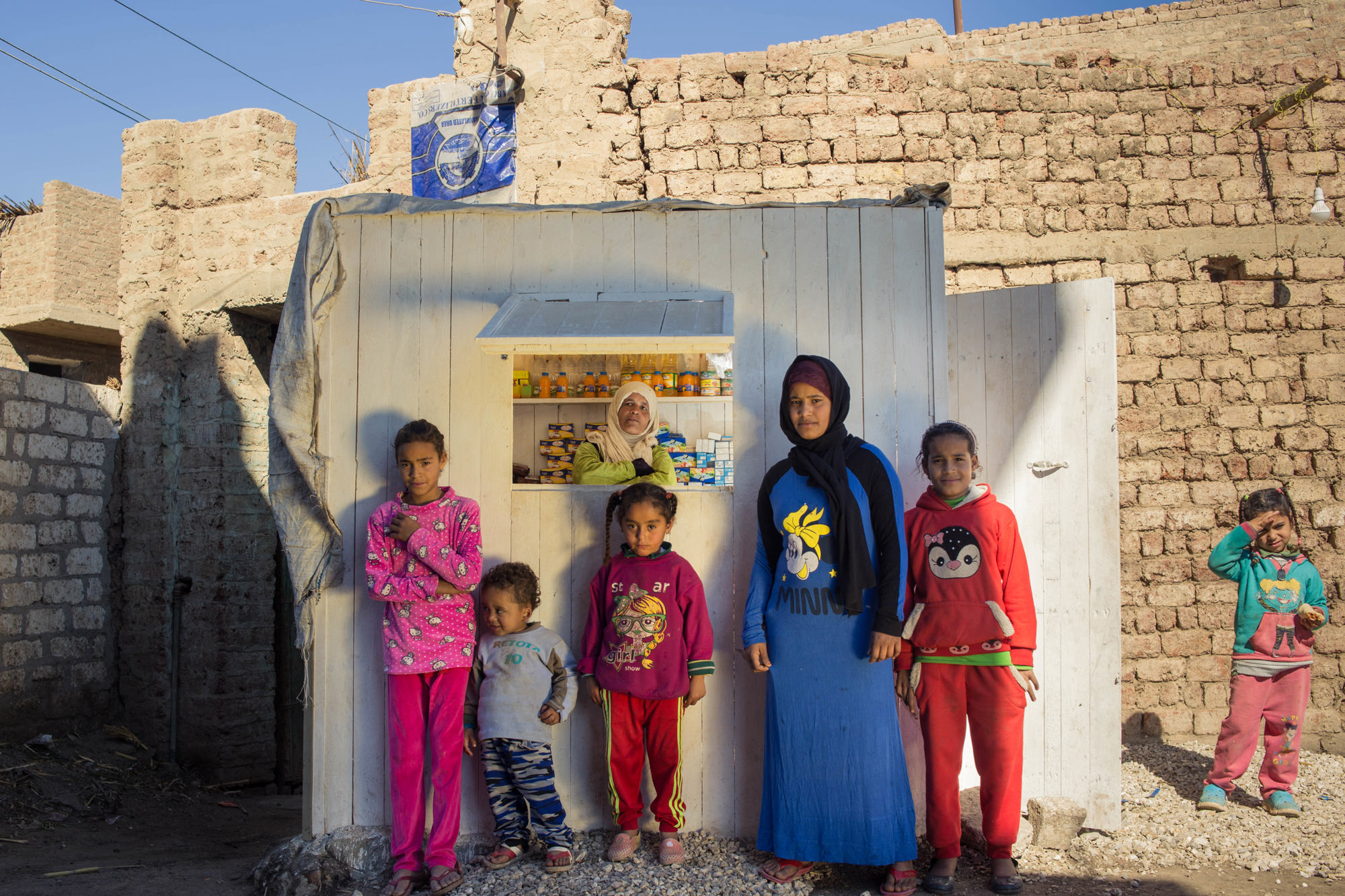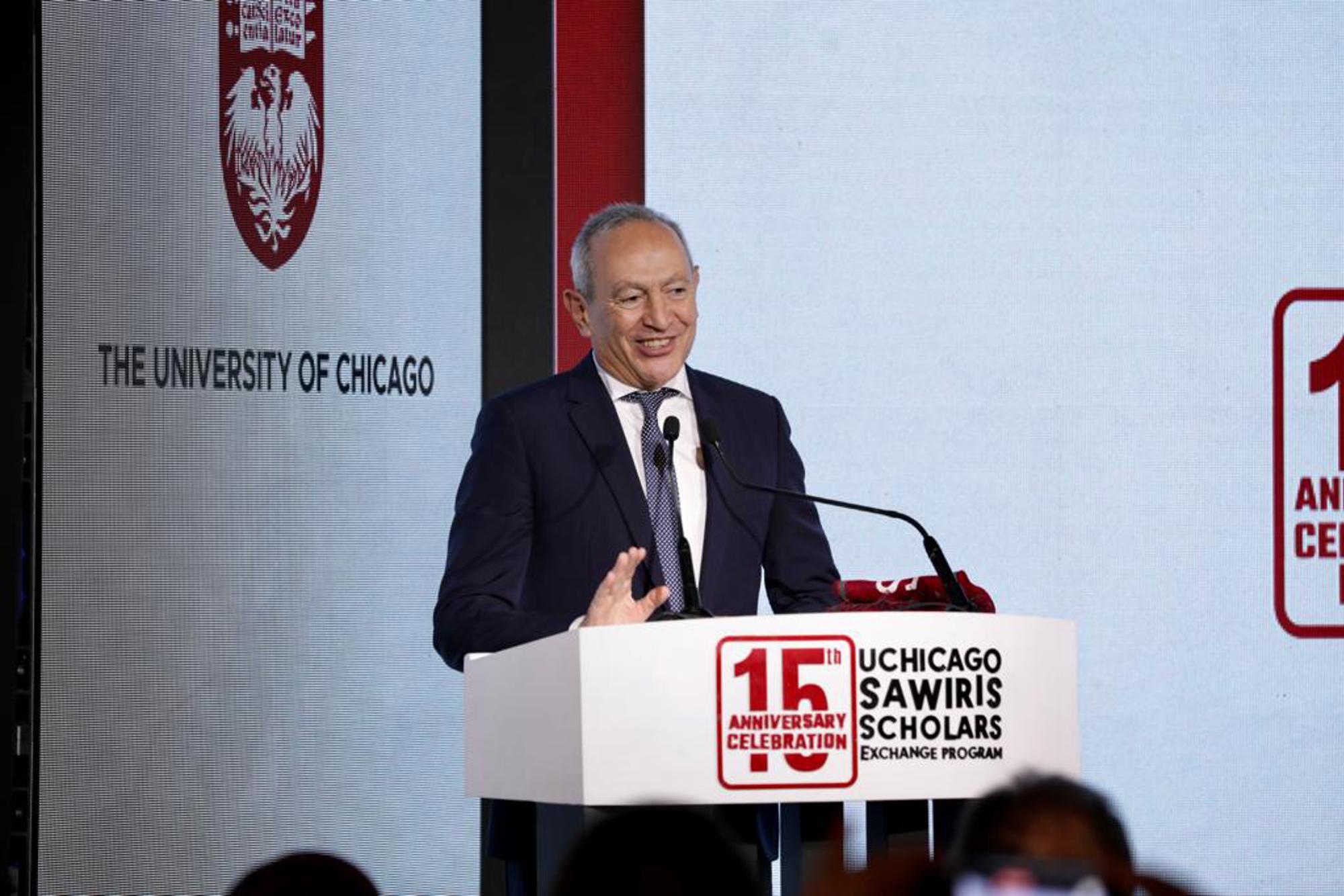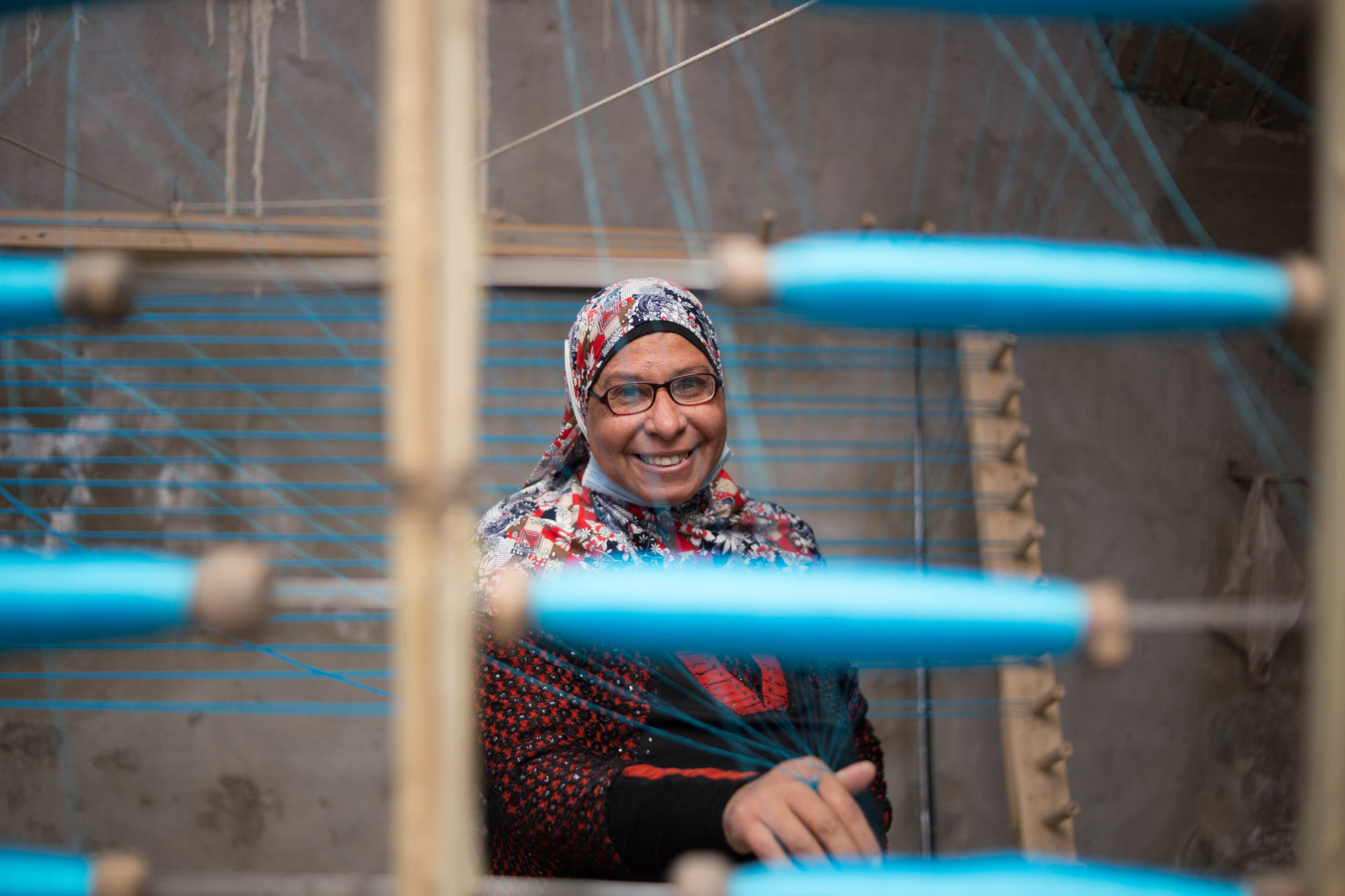In 1984, Yousriya Sawiris founded the Association for the Protection of the Environment (APE) with the intention of protecting livelihoods and improving the living conditions of the Zabbaleen. In addition to providing literacy classes and mother and child programmes, APE offers opportunities for upskilling in areas like composting, rug weaving, and patchwork.
Suzie Griess is the chair of APE and a childhood friend and cousin of Yousriya. She has seen first-hand the influence APE's founder has had on the Zabbaleen community.
"The community of garbage collectors are very marginalised and they live in the outskirts of the city," she explains. "There was a call from a lot of people to try to help these families and this community because they are not part of the formal system of solid waste management in the city of Cairo.”
Recalling how APE began, Griess says: "Yousriya started going to Mokattam and supporting some of the families there, many of them really were very destitute. They needed healthcare. They needed support. They needed people to interact with them, to show them that they were people who mattered. And this was where she was really giving a lot of herself and her money to support those people. This was the founding of APE.
“The idea behind all of this was to introduce literacy and teach the women crafts so that they could earn some income to support their families and gain a certain independence.
“Seeing all of those women who were deprived, who were illiterate, who came as immigrants from Upper Egypt, with their families living in squalor, and going in herself and walking through their homes, talking to them. I mean, this is the wonderful thing.
“Yousriya is really a very action-oriented person. She's a fighter. She's a leader, she has always been like that.”
